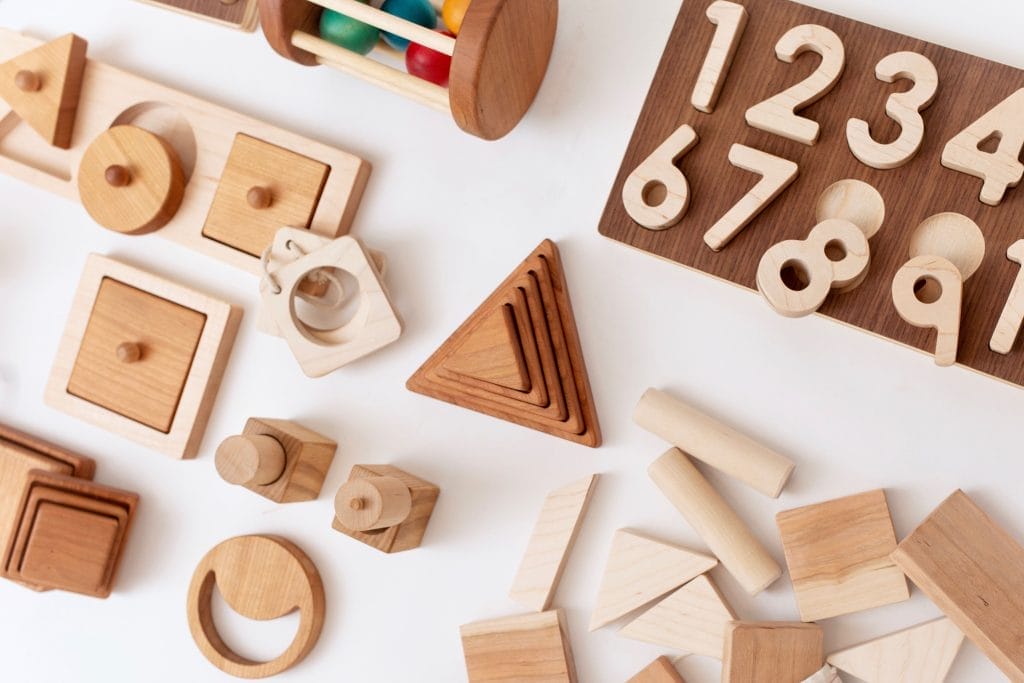From Order to Independence: Montessori Environments to Executive Function Mastery
October 8, 2024 2024-10-04 10:30
From Order to Independence: Montessori Environments to Executive Function Mastery
The Montessori method of education has gained global recognition for its unique approach to fostering independent learning and executive function skills in children. Developed by Dr. Maria Montessori in the early 20th century, this educational philosophy emphasizes the importance of a prepared environment that nurtures curiosity, self-discipline, and a love of learning. In this article, we will explore how Montessori environments contribute to the mastery of executive function skills, enabling children to thrive both academically and personally.
Understanding Executive Function
Executive function refers to a set of cognitive processes that include working memory, flexible thinking, and self-control. These skills are essential for managing time, paying attention, and controlling impulses. In a rapidly changing world, strong executive function skills are crucial for success in both school and life. Montessori environments are uniquely designed to support the development of these skills through structured independence and hands-on learning.
Key Principles of Montessori Education
- Prepared Environment: The Montessori classroom is carefully organized to promote exploration and independence. Materials are arranged at child-level, encouraging self-directed learning.
- Child-Centered Learning: Children are given the freedom to choose their activities, fostering a sense of ownership over their learning process.
- Multi-Age Classrooms: Montessori classrooms often include children of varying ages, promoting peer learning and collaboration.
- Hands-On Materials: Montessori materials are designed to be tactile and engaging, allowing children to explore concepts through play and experimentation.
How Montessori Environments Promote Executive Function Mastery
Montessori environments play a vital role in the development of executive function skills through several mechanisms:
- Autonomy and Decision-Making: By allowing children to make choices about their learning activities, Montessori fosters independence. This autonomy encourages children to think critically and develop problem-solving skills.
- Structured Routines: The predictable structure of Montessori classrooms helps children understand expectations and routines. This predictability enhances working memory and self-regulation as children learn to manage their time and tasks effectively.
- Collaborative Learning: The multi-age classroom setting promotes collaboration and communication skills. Children learn to negotiate, share, and support each other, which are essential components of executive function.
- Focused Attention: Montessori materials often require concentration and focus. Engaging with these materials helps children develop the ability to sustain attention and manage distractions.
Benefits of Montessori Education
The benefits of a Montessori education extend beyond academic achievement. Research has shown that children who engage in Montessori programs often exhibit:
- Improved Social Skills: Collaborative learning fosters strong interpersonal skills and empathy.
- Enhanced Problem-Solving Abilities: The emphasis on hands-on learning encourages creative thinking and innovation.
- Greater Emotional Regulation: Children learn to manage their emotions and behaviors in a supportive environment.
Current Trends in Montessori Education
As education continues to evolve, several trends have emerged within the Montessori framework:
- Integration of Technology: While traditional Montessori emphasizes hands-on materials, some programs are incorporating technology to enhance learning experiences.
- Focus on Inclusivity: Many Montessori programs are adapting to serve diverse learners, including those with special needs, by providing tailored materials and support.
- Emphasis on Mindfulness: Incorporating mindfulness practices into Montessori education helps children develop self-awareness and emotional regulation.
Conclusion
Montessori environments provide a rich foundation for the development of executive function skills, empowering children to become independent, self-directed learners. By fostering autonomy, decision-making, and collaboration, Montessori education equips children with the tools they need to navigate the complexities of life successfully. As we continue to explore innovative educational practices, the principles of Montessori offer valuable insights into creating environments that promote mastery and independence.
Important Information
- Key Principles: Prepared environment, child-centered learning, multi-age classrooms, hands-on materials.
- Benefits of Montessori Education: Improved social skills, enhanced problem-solving abilities, greater emotional regulation.
- Current Trends: Integration of technology, focus on inclusivity, emphasis on mindfulness.
Related Posts
From Order to Independence: Montessori Environments to Executive Function Mastery
October 8, 2024 2024-10-04 10:30Popular Tags






























